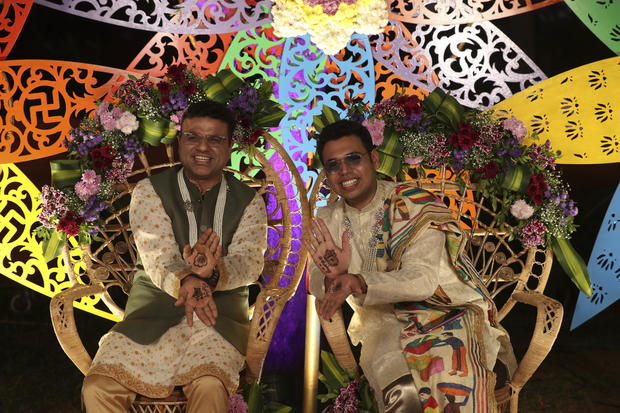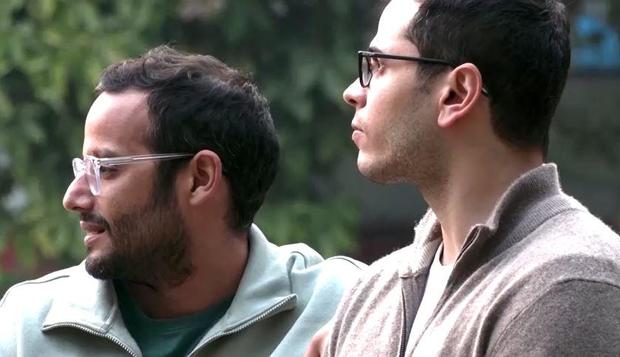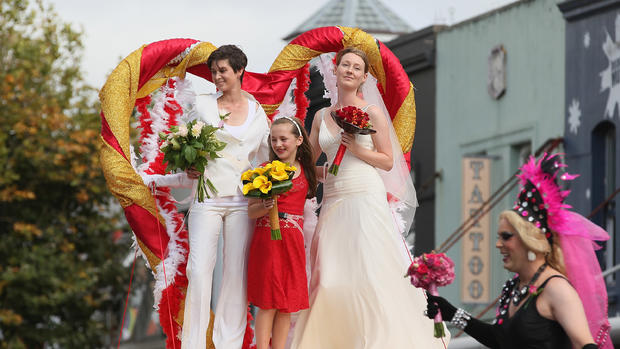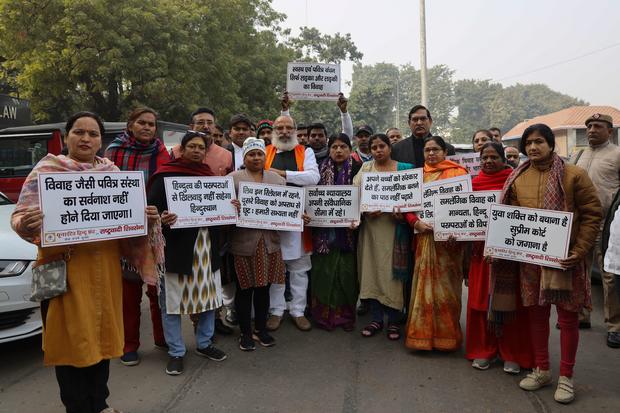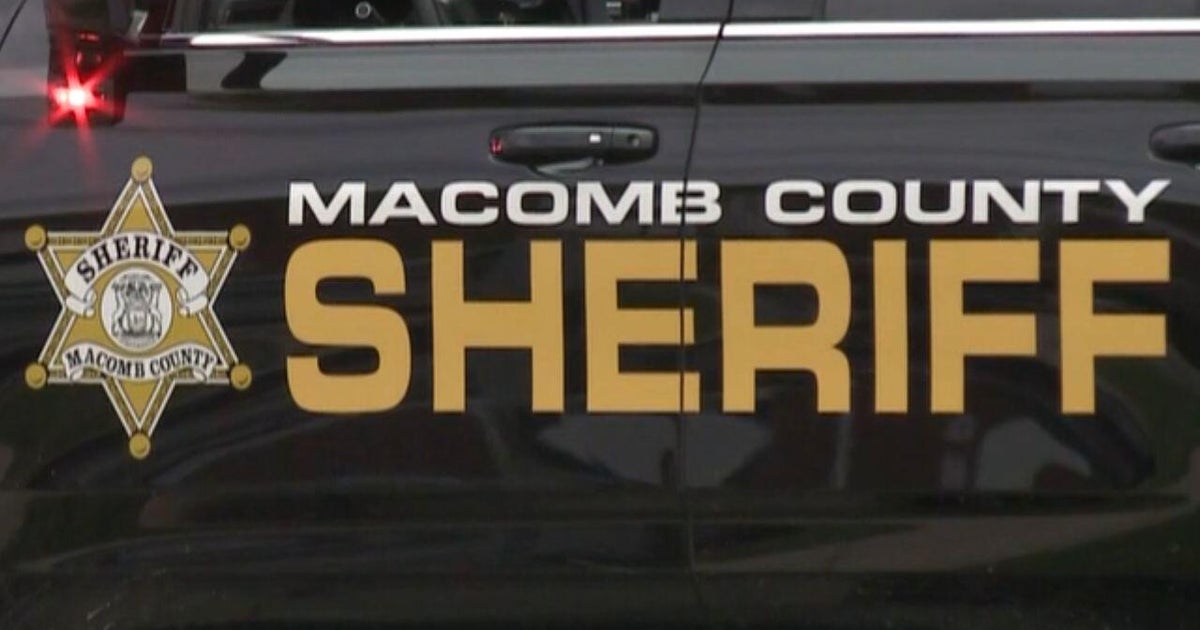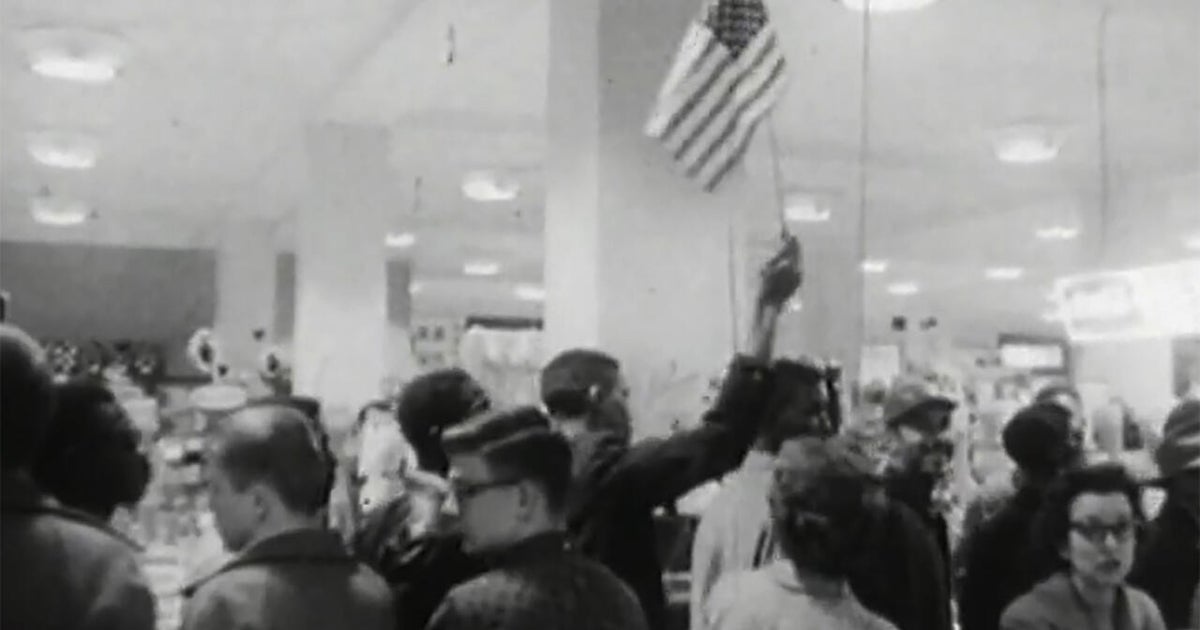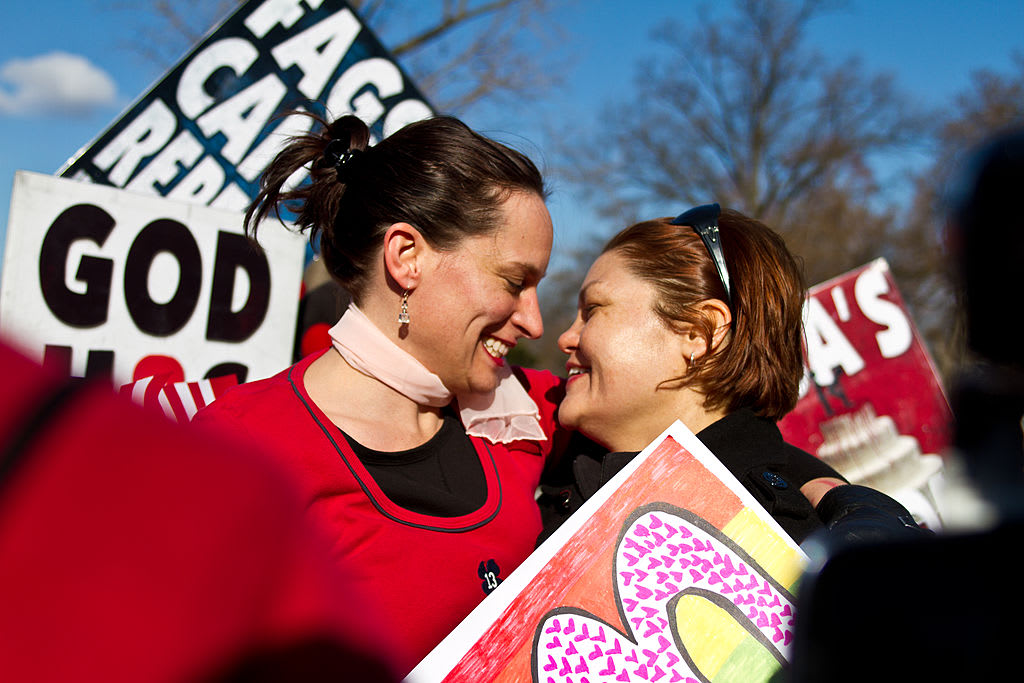As India's top court takes up same-sex marriage, couples hope, and activists say there's a long fight ahead
New Delhi — India's Supreme Court has set the ball rolling on petitions by gay couples and activists seeking legal recognition of same-sex marriage. On Friday, the top court ordered all other courts across the country to transfer any legal petitions seeking recognition of same-sex marriage, effectively taking collective ownership of all related cases.
The Supreme Court also gave the federal government about five weeks to make its stand on the matter clear.
India's Supreme Court decriminalized homosexual sex with a ruling in 2018, striking down a colonial-era law that made homosexual acts punishable by up to 10 years in prison. That law had forced much of the country's LGBTQ community to remain underground, or risk harassment and discrimination. But same-sex marriages remain illegal in India.
A three-judge bench of the Supreme Court has given Prime Minister Narendra Modi's federal government until Feb. 15 to make clear its stand on the question. After the government files a response, the court plans to hear the collective pleas by gay couples and activists in March.
Among the petitioners is a gay couple from Hyderabad, Supriyo Chakraborty and Abhay Dang, who have been together for 10 years and want to register their marriage under India's Special Marriages Act.
Another petition was filed by Parth Phiroze Mehrotra and Uday Raj Anand, a couple who have been together for 17 years who are now raising two children.
"We live together, we then started a family together through surrogacy. It's the natural next step," Mehrotra told the Reuters news agency this week. "I am just like you. I am just like anybody out there, and it's a natural next step for us to want to get married. And so, our plea to the court is give us that right to get married."
The couples say they're denied rights related to medical consent, pensions and adoption by being prohibited from marriage.
LGBTQ activists in India have campaigned for same-sex marriage for decades, but some stress that, while legalizing marriage would be a step in the right direction, it won't solve all the problems facing the community in India, as broader social acceptance remains low.
"Marriage is not the answer to every issue that we face," Rituparna Borah, a rights activist and co-founder of Nazariya, a queer feminist resource organization, told CBS News. "Despite the decriminalization of homosexuality, courts, police and several other organizations are not aware of various provisions of the law that protect transgenders."
"Social acceptance and family violence of the LGBTQ community needs to be addressed, too," Borah said.
Members of the LGBTQ community in India have long faced discrimination and violence at multiple levels, including from their own families, state institutions and law enforcement agencies. Borah told CBS News that her organization deals with cases of families trying to "correct" the sexual orientation of LGBTQ members through violence, medication and even rape, sometimes on a daily basis.
A high number of such cases of violence go unreported in the country of 1.4 billion people.
And the LGBTQ community likely faces an uphill battle for equal rights and social acceptance.
Modi's government has opposed same-sex marriage in the past.
"Same-sex marriage would cause complete havoc with the delicate balance of personal laws in the country," Sushil Modi, a Member of Parliament from Modi's Bhartiya Janata Party, or BJP, said in parliament last month.
"Same-sex couples living together is one thing, but giving them legal status is a different thing," he said in a TV interview later that day, adding that there were a "lot of issues" still to be addressed.
On Friday, as the Supreme Court heard the petitions, members of the United Hindu Front, a right-wing religious organization, protested outside the court, decrying homosexuality as against Indian culture and insisting the Supreme Court shouldn't hear the petitions.
